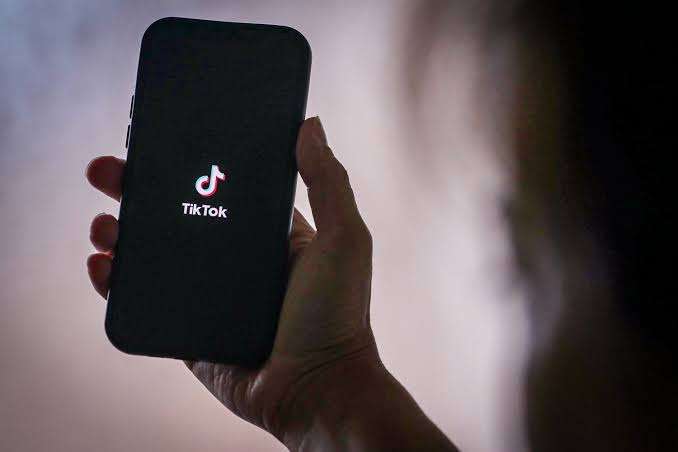TikTok has revealed it removed more than 3.6 million videos uploaded by Nigerian users between January and March 2025 for violating its community guidelines.
The disclosure comes as part of the company’s Q1 2025 Community Guidelines Enforcement Report, which was circulated across media on Tuesday, July 15, 2025.
According to the report, TikTok achieved a detection rate of 98.4% in Nigeria, meaning the vast majority of content was removed before users reported it. Additionally, 92.1% of the flagged videos were taken down within 24 hours of detection.
“We remain vigilant in our efforts to detect external threats and safeguard the platform from fake accounts and engagement. These threats persistently probe and attack our systems, leading to occasional fluctuations in the reported metrics within these areas,” the company stated.
“Despite this, we are steadfast in our commitment to promptly identify and remove any accounts, content, or activities that seek to artificially boost popularity on our platform.”
What You Should Know
The report frames the development as part of a broader strategy to maintain what it describes as a “safe, respectful, and trustworthy digital environment.”
In a further demonstration of its enforcement efforts, the company noted that it shut down 129 covert accounts linked to manipulative or deceptive operations across West Africa in March 2025.
TikTok’s enforcement efforts also extended far beyond Nigeria. Globally, over 211 million videos were removed in the first quarter of 2025. Of these, more than 184 million were deleted through automated detection systems.
The platform’s global proactive detection rate rose to 99%, showcasing what the company described as “continued improvements” in identifying dangerous or misleading posts.
TikTok also highlighted its expanded capacity to react in real-time to violations, especially in high-traffic and high-risk regions.
TikTok LIVE Under Stricter Scrutiny in Nigeria
While TikTok LIVE remains one of the most popular features on the app, the company has tightened its LIVE Monetisation Guidelines, signalling a crackdown on content it deems ineligible for financial rewards.
In Nigeria, TikTok says it banned 42,196 LIVE rooms and interrupted another 48,156 streams during the first quarter of the year for breaching its content standards.
The move, according to TikTok, highlights a growing concern about the abuse of live features for inappropriate or misleading content, particularly in fast-growing markets like Nigeria.
Fake Engagement Crackdown
Alongside content moderation, TikTok has significantly intensified efforts to combat spam, fake accounts, and inauthentic engagement.
Between January and March 2025, the platform says it removed 44.7 million fake comments globally, and wiped out 4.3 billion fake likes, follow requests, and followers.
TikTok attributed the inflated figures to the increasing use of automated or inauthentic mechanisms employed by bad actors seeking to manipulate popularity or deceive audiences.
Experts say TikTok’s latest enforcement highlights both the scale of content moderation required on a global platform and the challenges of balancing user engagement with digital safety.
With Nigeria emerging as a fast-growing market and as regulatory pressure mounts, TikTok’s operations will continue to be tested by how swiftly and transparently it can address concerns, industry leaders added.
Talking Points
TikTok’s removal of over 3.6 million Nigerian videos in Q1 2025 underscores the scale of content moderation challenges in high-growth digital markets.
At Techparley, we view this as a signal that social media platforms are beginning to take more responsibility for the digital environments they create, especially in regions like West Africa, where online safety, misinformation, and platform integrity are critical.
The crackdown on fake engagements, including the removal of billions of fake likes and tens of millions of spam comments, shows a growing commitment to authentic user experience. This is vital in a content economy increasingly vulnerable to manipulation.
However, enforcement must be balanced with transparency. TikTok’s ability to maintain trust will depend on how clearly it communicates what counts as a violation and how fairly those standards are enforced across geographies.
The LIVE feature ban, impacting over 42,000 LIVE rooms in Nigeria, raises questions about how the platform defines monetisable content in emerging markets. Content creators need clearer guidance to avoid accidental penalties.
Looking ahead, it will be critical for TikTok to build systems that prioritise both safety and fairness.





